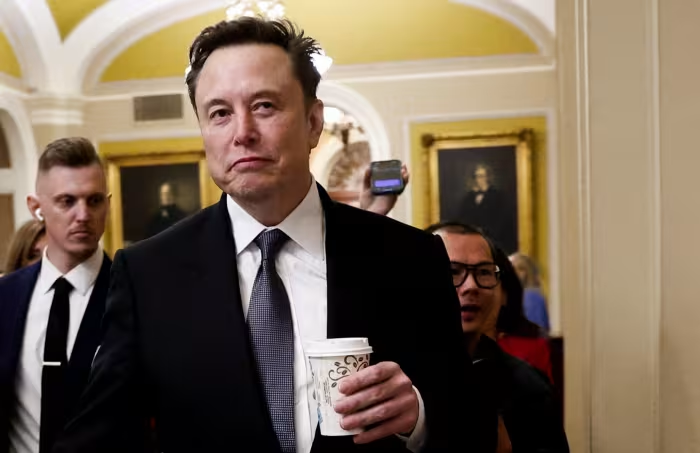Elon Musk has shown skepticism lately that Dogecoin (DOGE) could help save the U.S. budget by reducing it by $2 trillion. The tech mogul, who is a known crypto enthusiast and, more particularly, a Dogecoin enthusiast, had previously said that digital currencies could be part of the way government spending would be cut. However, with only two weeks ahead to the supposed inauguration of ex-president Donald Trump, Musk seems to be reconsidering the possibility that DOGE might make some difference to such an enormous fiscal deficit.
Although an exciting proposition by Musk had been made to the worlds of cryptocurrency and finance, as people debated further the role digital currencies play in reshaping the national economy, complexities in budgetary matters from the government along with the fluctuating nature of cryptocurrencies have reduced Musk’s enthusiasm. Although the growth of DOGE and other related digital assets has been tremendous; yet, still it is harder than imagined initially to replace a traditional fiscal mechanism or to evoke huge savings using DOGE.
As Trump readies himself for a second term in the Oval Office, budget cuts and fiscal policy have gained added mileage in the mainstream debate. Critics have quipped at how it would even be possible to utilize fluctuating assets, like DOGE, to help realize such huge cuts in government spending. The changing of tone by Musk adequately illustrates problems concerning the use of cryptocurrencies as solutions to huge financial matters at such turbulent political and economic times.
With Trump to be inaugurated in the coming weeks, it will be interesting to see what steps the U.S. government takes to deal with its budget problems. The last words from Musk may be a reminder that, while cryptocurrency may disrupt financial systems, its entry into complex government policies may not be as large as was originally thought.





